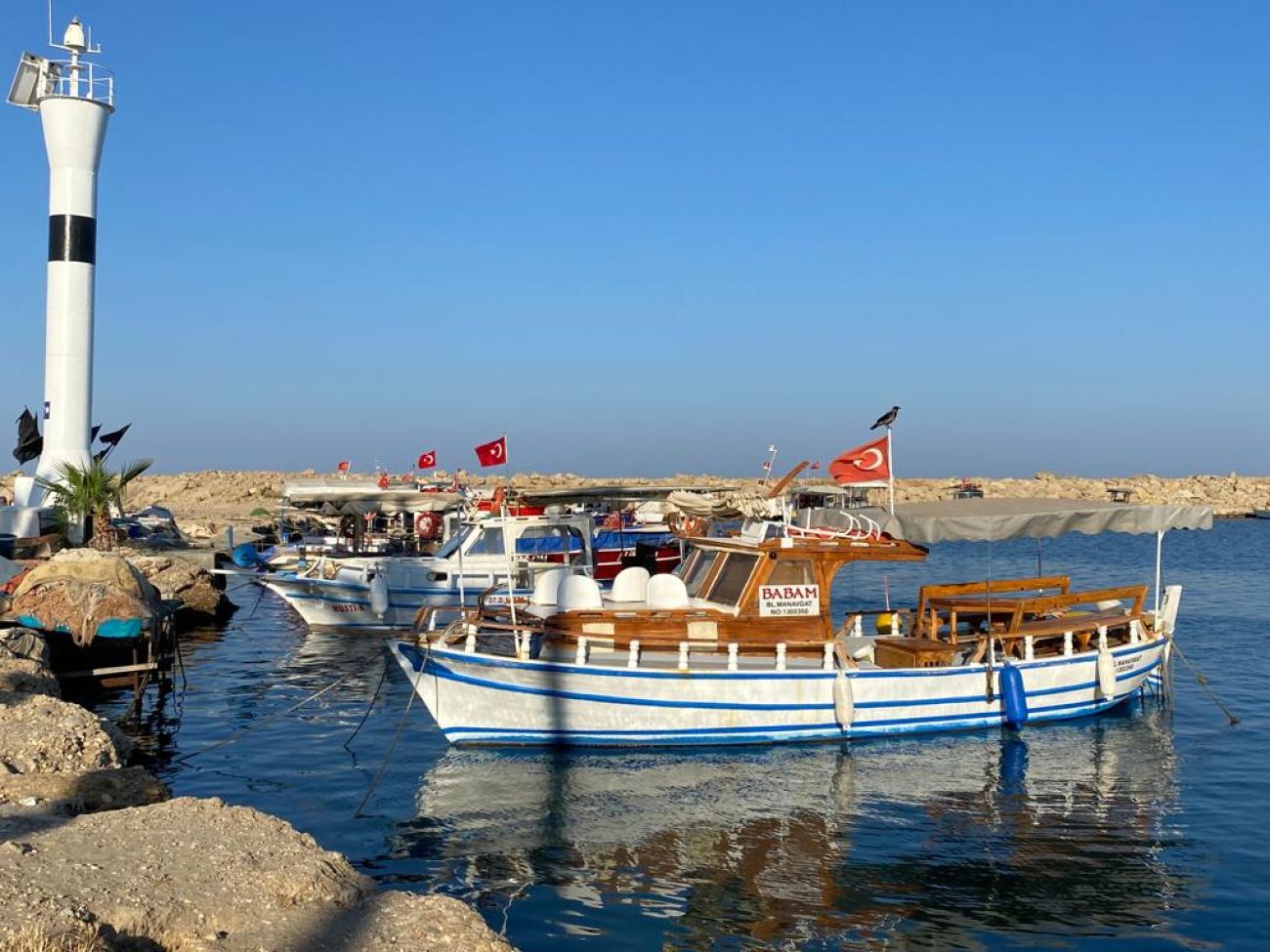UN Ocean Conference: Save our Ocean, Protect our Future

5 things you should know about the UN Ocean Conference, a chance to save the planet’s largest ecosystem.
The Ocean is the planet’s largest ecosystem, regulating the climate, and providing livelihoods for billions. But its health is in danger. The second UN Ocean Conference, due to take place in June, will be an important opportunity to redress the damage that mankind continues to inflict on marine life and livelihoods.
With delegates from Member States, non-governmental organizations, and universities attending, as well as entrepreneurs looking for ways to sustainably develop the “Blue Economy”, there are hopes that this event, taking place in the Portuguese city of Lisbon between 27 June and 1 July, will mark a new era for the Ocean.
1. It’s time to focus on solutions
The first Conference, in 2017, was seen as a game changer in alerting the world to the Ocean’s problems. According to Peter Thomson, the UN Secretary-General’s Special Envoy for the Ocean, Lisbon “is going to be about providing solutions to those problems”.
2. The stakes are high
The Ocean provides us all with oxygen, food, and livelihoods. It nurtures unimaginable biodiversity, and directly supports human well-being, through food and energy resources.
Besides being a life source, the ocean stabilizes the climate and stores carbon, acting as a giant sink for greenhouse gases.
According to UN data, around 680 million people live in low-lying coastal zones, rising to around one billion by 2050.
Plus, latest analysis estimates that 40 million people will be employed by ocean-based industries by the end of this decade.
3. Spotlight on Kenya and Portugal
Although the Conference is taking place in Portugal, it is being co-hosted by Kenya, where 65 per cent of the coastal population lives in rural areas, engaging primarily in fisheries, agriculture, and mining for their livelihoods.
4. The ocean and the global climate are intrinsically linked
The ocean and global climate heavily influence one another in many ways. As the climate crisis continues to pose an existential threat, there are some key metrics scientists are watching closely.
According to the latest climate change report from the World Meteorological Organization (WMO) global mean sea levels increased at an average of 4.5 mm per year between 2013 and 2021, due to ice sheets melting at an increasing rate.
The ocean absorbs around 23 per cent of CO2 generated by human activity, and when it does, chemical reactions take place, acidifying the seawater. That puts marine environments at risk and, the more acidic the water becomes, the less CO2 it is able to absorb.
Samuel Collins, a project manager at the Oceano Azul Foundation, in Lisbon, believes that the conference will serve as a bridge to COP27, due to take place in Sharm El-Sheikh, Egypt this November.
5. What can you do to help?
We asked some experts - including Catarina Grilo and biologist Nuno Barros at ANP, as well as Sam Collins at Oceano Azul Foundation - what citizens can do to promote a sustainable blue economy, while waiting for decision-makers and world leaders to move into action. Here are some ideas that you can incorporate to your daily lives:
- If you eat fish, diversify your diet in terms of seafood consumption, do not always eat the same species. Also avoid consuming top predators and make sure what you eat is coming from responsible sources.
- Prevent plastic pollution: with 80 per cent of marine pollution being originated on land, do your part to stop pollution reaching the sea. You can help by using reusable products, avoid consuming disposable products, and also making sure that you are placing your waste in the appropriate bins.
- Pick up trash from the beach, and do not litter. But also think that any step you can take to reduce your environmental footprint will help the ocean in an indirect way.
- Continue to advocate for solutions, whether that’s on the streets, writing letters to decision-makers, signing petitions, or supporting campaigns that aim to influence decision makers, at the national level or at a global level.





